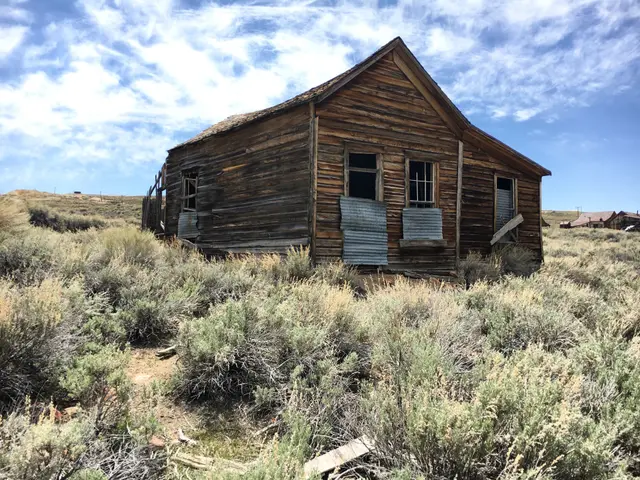California’s diverse and dynamic landscape is not only home to bustling cities and breathtaking landscapes but also to a complex legal framework governing abandoned property. Abandoned property law in California plays a crucial role in addressing the fate of assets left behind by their owners. This article provides an insightful exploration of California abandoned property law, shedding light on its significance, key principles, and the processes involved in managing unclaimed assets.
Contents
Understanding Abandoned Property Law in California
Abandoned property law in California, often referred to as “escheatment,” addresses the treatment of property that has been left unclaimed by its rightful owner for a certain period of time. This can include various types of assets such as bank accounts, safety deposit boxes, uncashed checks, and even real estate.
Key Principles and Processes
Notification: California’s abandoned property law mandates that holders of unclaimed property, such as financial institutions and businesses, make diligent efforts to locate the rightful owners and notify them before transferring the property to the state.
Escheatment Period: Once the property remains unclaimed beyond a specified period (often three years), it is considered abandoned and subject to escheatment.
Reporting and Transfer: Holders of abandoned property are required to report the unclaimed assets to the California State Controller’s Office (SCO). The SCO maintains a comprehensive database of unclaimed property and takes custody of these assets.
Claiming Unclaimed Property: Individuals who believe they have unclaimed property in California can search the SCO’s database and file a claim to recover their assets. Proper documentation and identification are typically required for verification.
Types of Unclaimed Property
California’s abandoned property law encompasses a wide range of assets:
Financial Assets: These include dormant bank accounts, uncashed checks, and unclaimed insurance policies.
Safe Deposit Boxes: If the contents of a safe deposit box remain unclaimed, the contents may eventually be transferred to the state.
Real Estate: In some cases, properties that have been abandoned by their owners may be subject to escheatment if attempts to locate the owner are unsuccessful.
Gift Cards and Certificates: Unused gift cards, store credits, and other prepaid certificates can be considered abandoned property if left unclaimed.
The Significance of Abandoned Property Law
California’s abandoned property law serves several important purposes:
Asset Protection: The law helps ensure that unclaimed assets are preserved and protected until rightful owners or heirs come forward.
Revenue for the State: The state may use the proceeds from the sale of unclaimed property to fund various programs and initiatives.
Reuniting Owners: Abandoned property law provides a mechanism for reuniting owners with their forgotten or lost assets.
For individuals and businesses:
Stay Informed: Familiarize yourself with California’s abandoned property law and its timelines to prevent assets from being escheated.
Regular Checks: Periodically review your financial accounts and other assets to ensure they are not dormant or unclaimed.
Claiming Process: If you suspect you have unclaimed property, search the SCO’s database and follow the process to reclaim your assets.
California’s abandoned property law plays a crucial role in preserving and reuniting individuals with their unclaimed assets while contributing to the state’s fiscal well-being. By understanding the key principles and processes of abandoned property law, individuals and businesses can navigate this legal landscape effectively and ensure that valuable assets do not go unnoticed or unrecovered.



